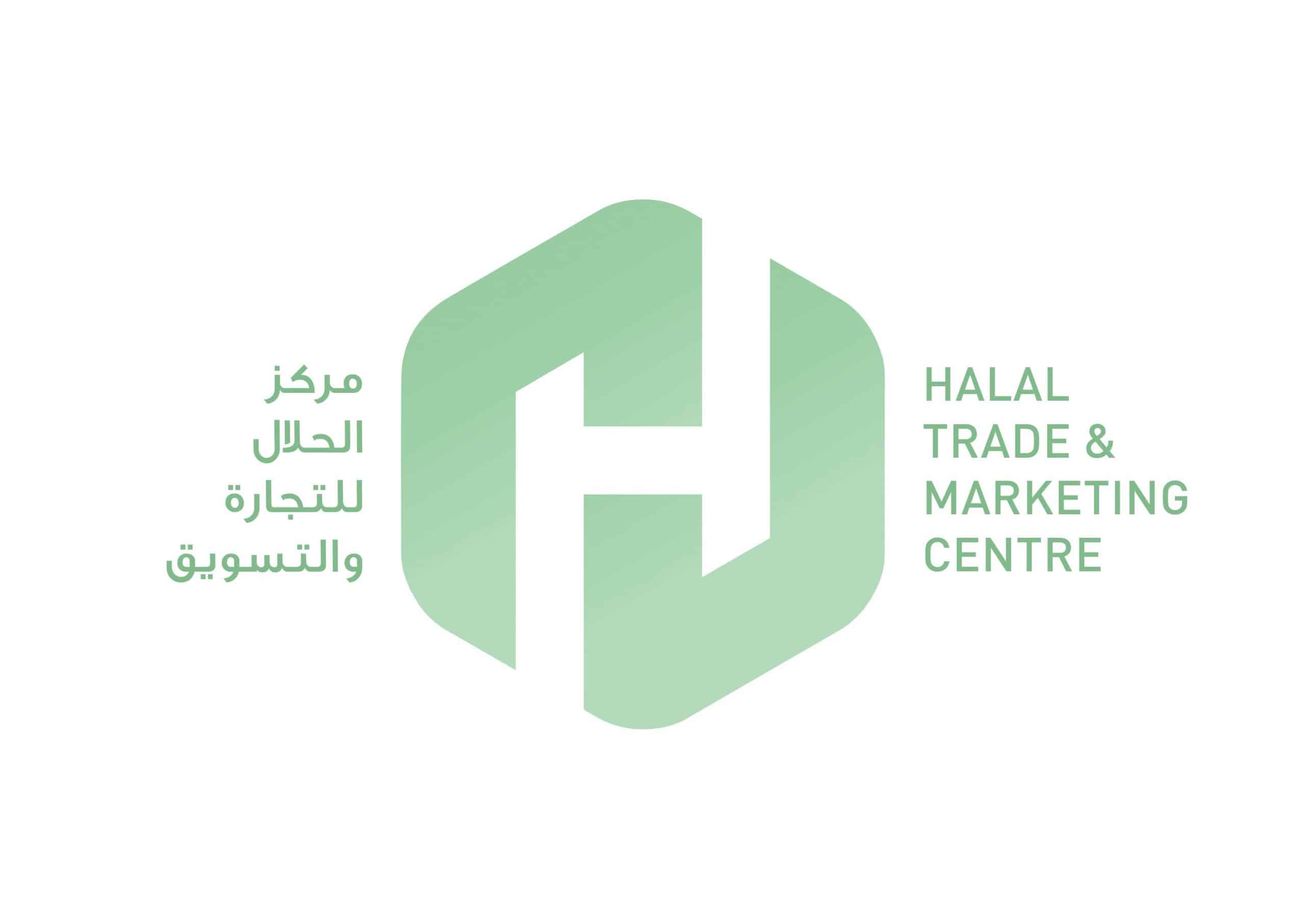
Halal trade and Marketing Center is a global business development center focused on halal economy opportunities for the industry, including manufacturers, suppliers, distributors, and retailers for all halal products and services. It was co-founded by the Dubai Airport Freezone Authority (DAFZA) and is supported substantially by key partners across the Halal economy ecosystem.
HTMC was formulated to fulfill and identify the gap in enabling companies to grow in the halal space. It serves as a one-stop shop for all their market intelligence, halal compliance, and most importantly, growth support services. It aims to provide a platform to link the halal economy or companies to core halal trade and marketing services.
The halal market is a fast-growing business niche composed of 1.8 billion Muslim people and 57 Muslim-majority countries and the market is valued at more than $2 trillion. This includes all sectors providing beneficial products to human beings and therefore our Tayyib which is healthy and high quality. Natural and organic products are halal by default and in most cases for this reason, despite needing the halal certification to be marketed in 57 OIC countries they’re becoming quite popular and in demand among Muslim consumers across the world.

Tomás Guerrero
Director,
Halal Trade and Marketing Center
The concept of HALAL
Halal is an Arabic term meaning permissible or lawful as per Islamic law. The Halal economy is composed of sectors whose core products and services are structurally affected by Islamic Law, such as Food (that must be Halal), Finance (that must be Sharia compliant), or Fashion (that must be modest).
The Halal market comprises F&B, tourism, finance, media, fashion, pharmaceuticals, and cosmetics. 2 main factors contribute to the growth and success of this market. Namely, there is a large and fast-growing population of Muslims, and the economic development of Muslim countries is steadily increasing.
What is the general demand for Organic & Natural products in the Middle East and why should companies with Halal products expand into this region?
“Organic and natural halal products consist of food, personal care, cosmetics, pharmaceuticals, and certain other things. The market size is as big as $ 2.3 trillion. This sector also has a growth rate of over 6%. To give a clear comparison, if we divide these FMCG categories that are growing by 6% into halal and non-halal then we will be able to notice that the growth of Halal products has skyrocketed over the last decade, therefore, making this sector a lot stronger globally. Middle East accounts for 10% of the Halal market meaning to say that it is worth over $200 billion. This includes both b2c and b2b which includes HoReCa, food services, etc. The demand varies according to the category. For instance, if we talk about the food category here in the Middle East, 99% of it is Halal. Although there are supermarkets that have reserved aisles for non-halal products, largely people in this region consume and promote the use of only halal products. This region is also predominantly consisting of Muslim populations, therefore, indicating the large demand for Halal products here. Similarly, in the case of cosmetics, halal and natural cosmetics contribute 1/10th of the total cosmetic market in this region. From analyzing these market trends, it is very evident that there is a very high demand and growth for Halal, organic, and natural products in the MENA region. If we put the religious aspect aside, the essence of Halal products remains to be the fact that it is healthy and pure. For this reason, there is a strong acceptance of Halal and natural products in this region. This proves to be a benefit for Halal companies that wish to enter this market as they do not have to spend their time, money, and energy on creating awareness about the Halal concept. Another added benefit would be that the certification of these products is extremely easy in this part of the world. The role of certification bodies here is to verify that the ingredients used in the making of your products are halal. All government bodies in the Middle East region have halal certification bodies that have already been discussed in the first half of this webinar. The process of registering halal products and getting them certified here is also inexpensive in this region when compared to other parts of the world. Lastly, the consumer attitudes towards Halal products in this region are very positive. This is mainly because 92% of this region’s population consists of Muslims, therefore, highlighting the fact that there is a very high awareness of these products in the Middle Eastern market. In addition to that, the food needs of the region are largely import based which implies that there is a lot of opportunity for companies from around the world to export their products into this region” shared Zubair Ahmed, Head of Marketing and International Sales, Al Islami Foods starting on a positive note.
For exporters outside the MENA region, what Halal certifications would their products need to start talking to importers?
“In principle, it’s easy to get your products certified here, in this region. There are more than 400 halal certification bodies across the world but many of them are not recognized or accredited by the majority of Muslim countries. Therefore, a company has to find and get the Halal certification from a certifier that is accredited by the authorities in Muslim-majority countries. As an exporter, you will have many options to choose from, but you will have to be careful enough to pick the right certifier to export to this region smoothly. For example, if you certified your products and found an opportunity to export to Saudi, you will only be able to go through with it only if the FDA of the country acknowledges that certification” said Tómas Guerrero, Director, of Halal Trade and Marketing Center.
Are there any specific requirements for Halal packaging, if yes, what are they?
Zubair started by saying that “There are things that are mandatory when it comes to packaging for Halal products. If you want to launch a certain product whether we are based in or outside the Middle East. As mentioned before, all Halal products need to go through a globally accredited certification process to start selling them in the market. Certain logos are mandatory, and you need to put them on your packaging to mention that these are Halal. This needs to be done because the consumer base in the MENA region is largely known to consist of Muslims and they are very particular about only consuming products that have the Halal logo.”
What is the message you have for poultry/meat suppliers and exporters who have organic and halal products?
“Middle east is a very lucrative market with high disposable income. When we talk about the economic strength of this region, it is very high. According to a World Bank report, they are predicting global GDP growth of 3.5% – 3.7%. Most economic growth is predicted to come from the MENA region because. So, to all manufacturers, the one thing I would like to emphasize is that this is a lucrative market that has prior awareness of what Halal is. Your only key challenge would be to define their unique selling proposition, which as per the current topic of discussion would be organic, natural, and halal. The market is only going to keep growing from now on. The demand is there, and the only thing left to do is to utilize this ever-growing opportunity and secure your market share” responded Zubair.
With the Middle East being one of the biggest spenders when it comes to beauty and personal care, what kind of scope exists in the market for Halal and natural cosmetics?
“We have standards for regulating cosmetics but getting Halal certification is not compulsory for those companies looking for selling, export, and market their products here. In GCC, no one forces companies to get Halal certification for cosmetic products unless you wish to. If you do have Halal, natural, and organic ingredients, you are adding value to the product for sure, but it is not compulsory to do so. One of the benefits of offering a Halal cosmetic product in this part of the world is that Muslim consumers are willing to pay more for it just to abide by their religious values” started Tómas.
“The scope for these products is extremely high. From both political and economic perspectives, there is an increasing demand for Halal cosmetics in this region. These products support the social and religious concepts of most consumers in this region as well. Most modern consumers wish to purchase products that are environmentally friendly and Halal products signify exactly that” added Zubair.

